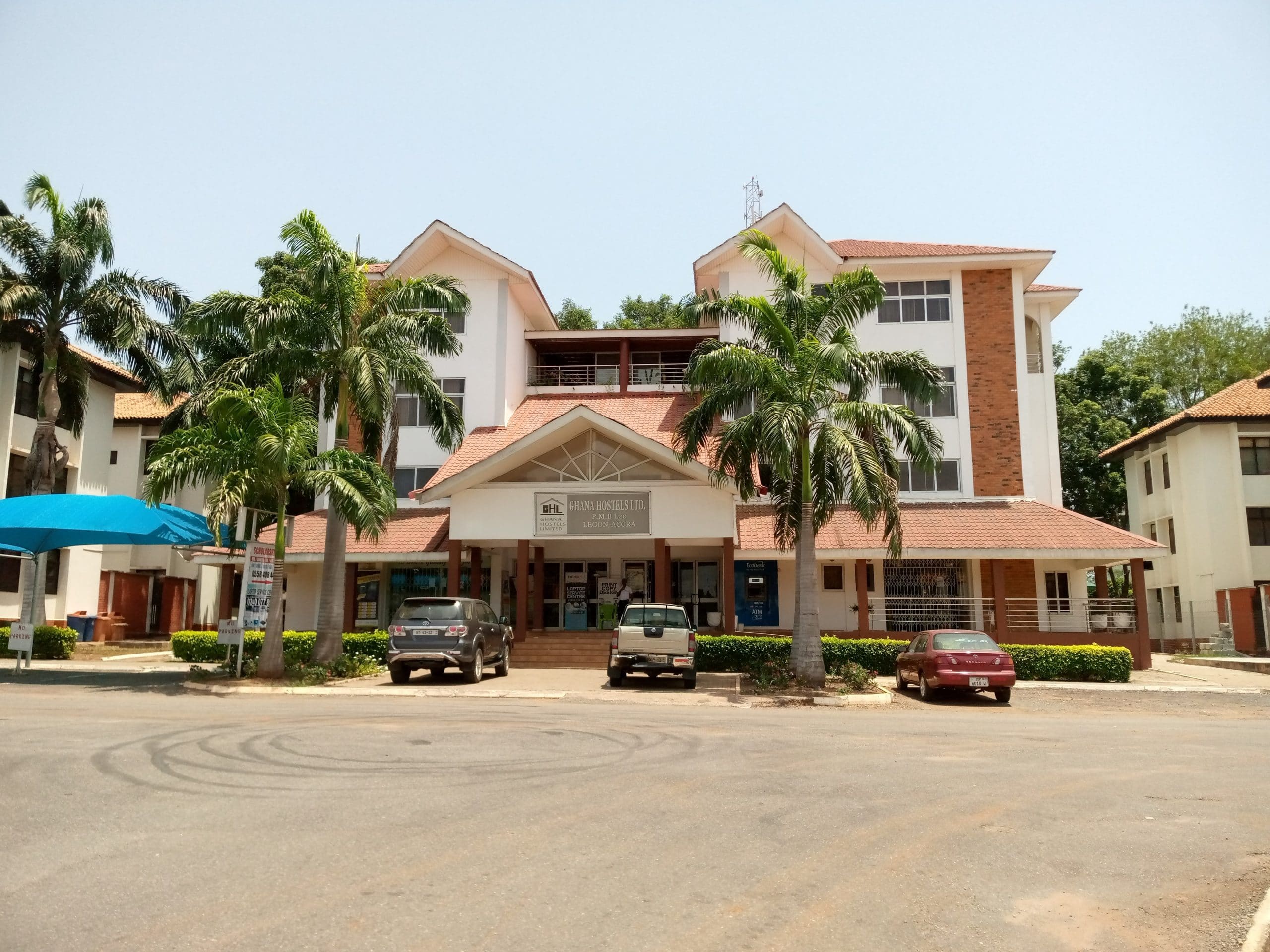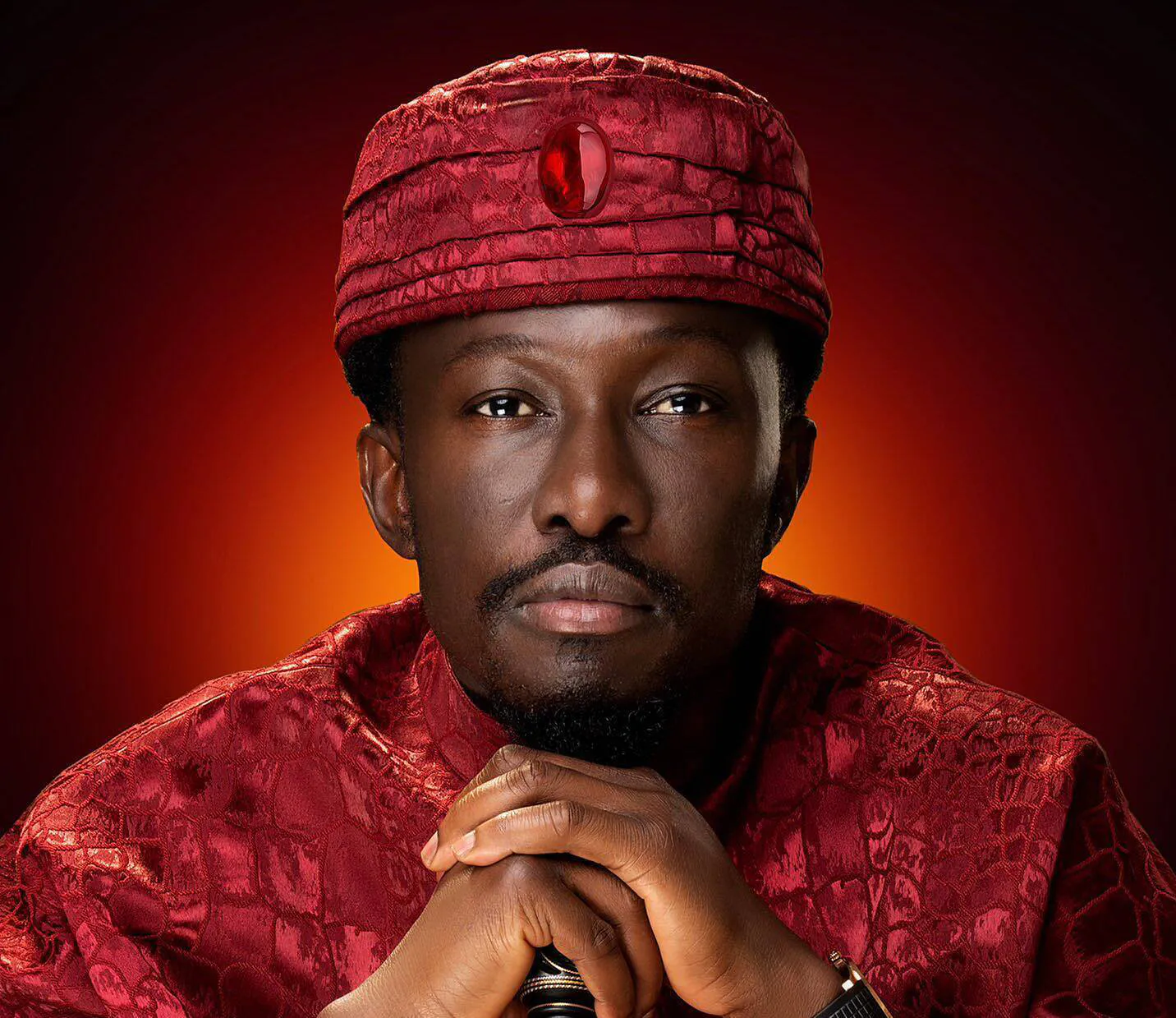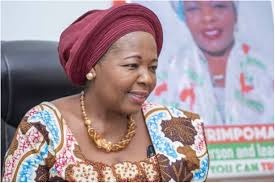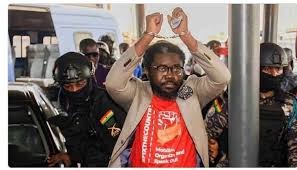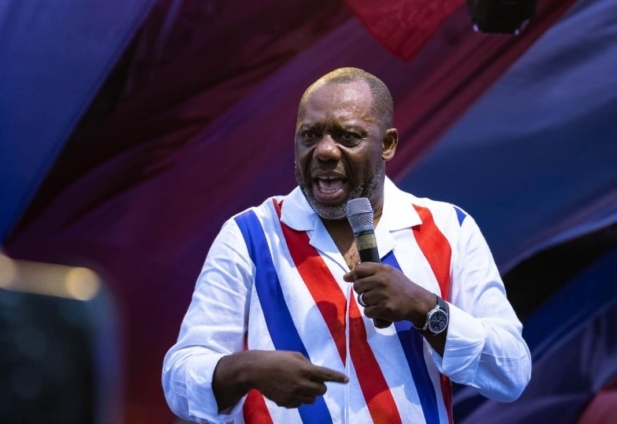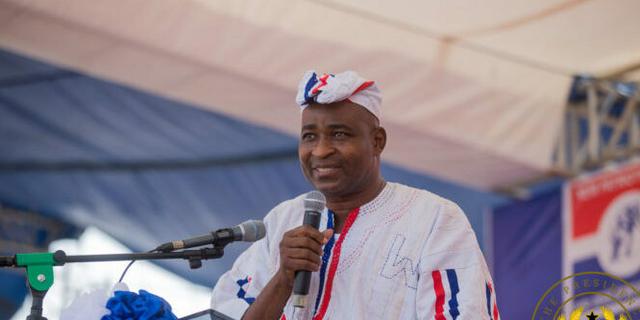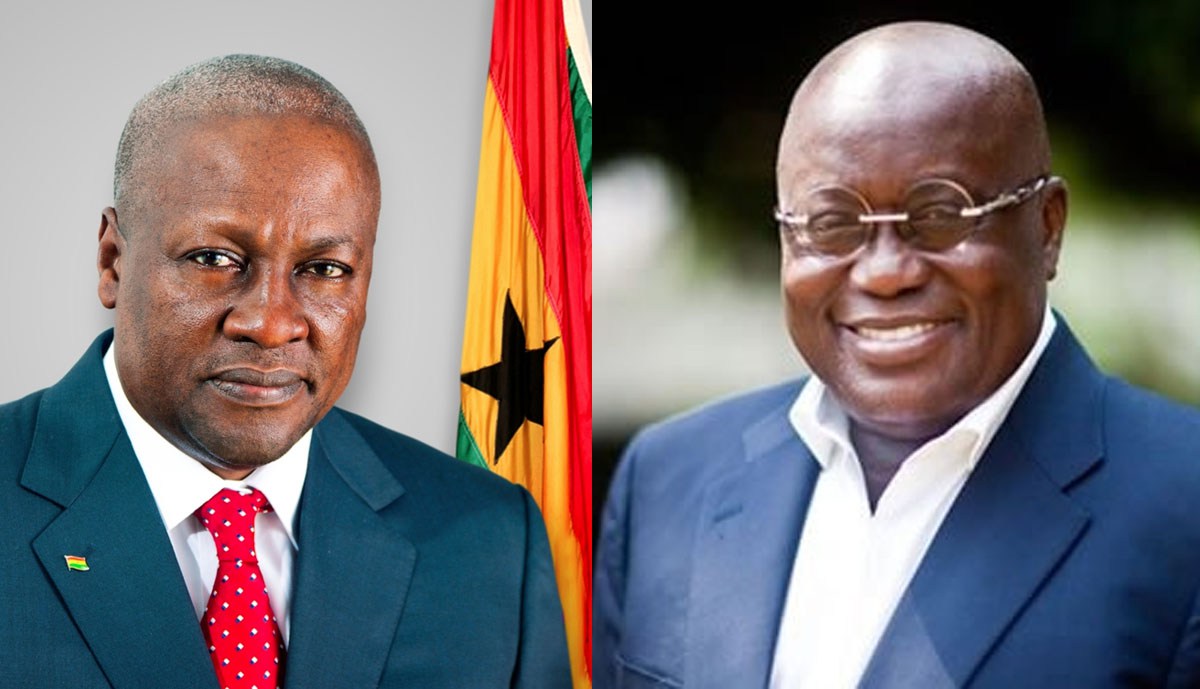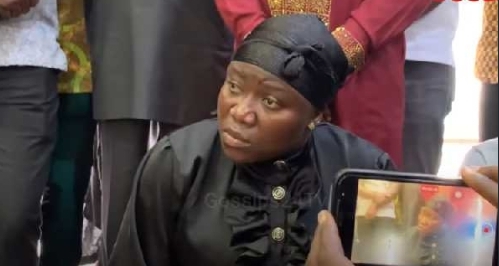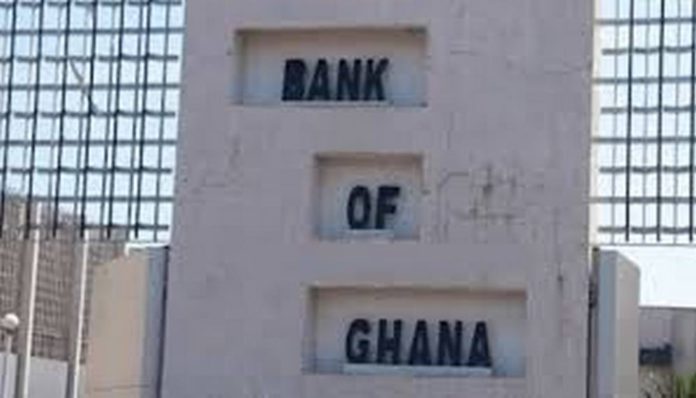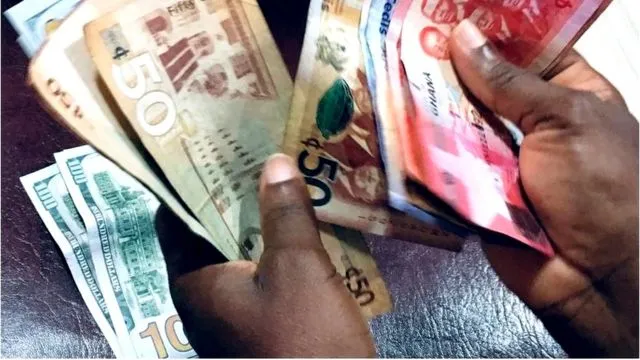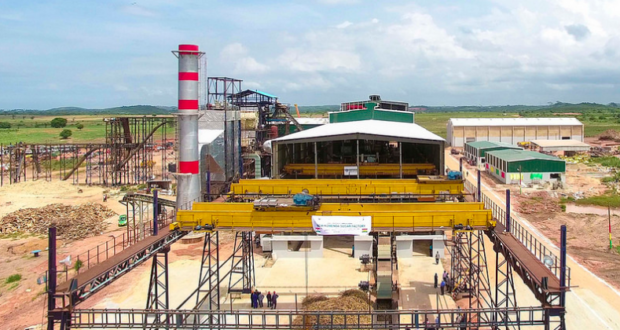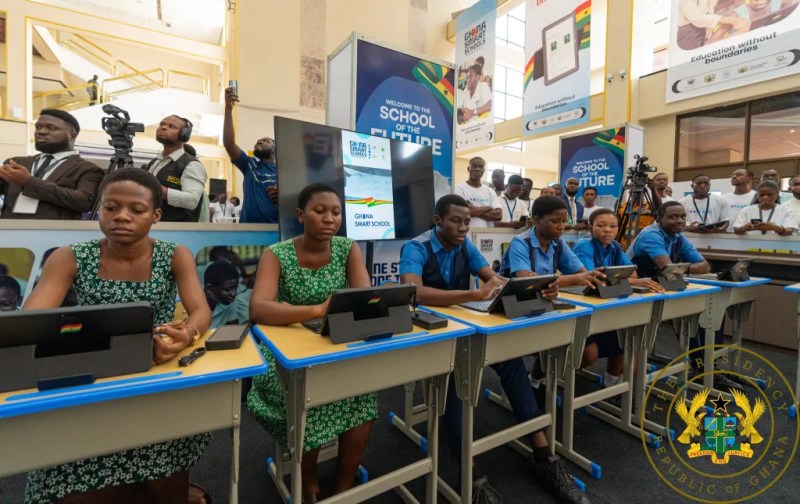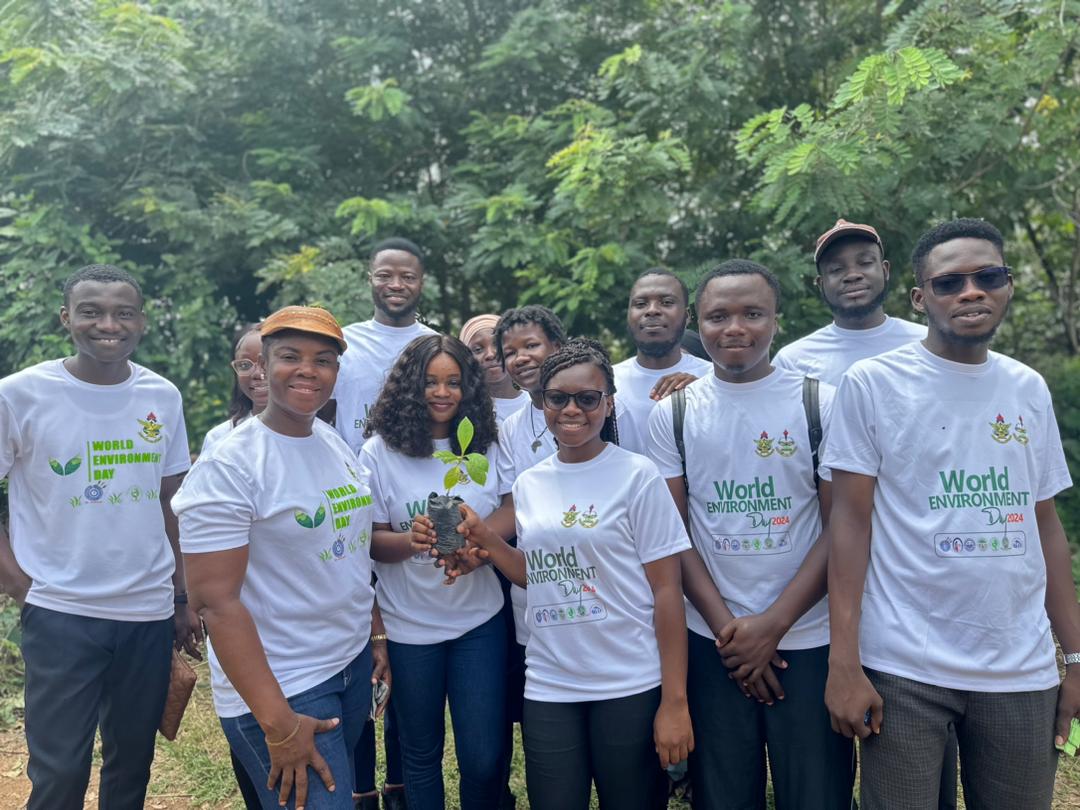Book on Western Sahara launched at University of Ghana; Authors call for local solution
By Napoleon Ato Kittoe After making a great success in Tanzania as well as in Kenya and South Africa, namely at the Universities of Irringa, Kenyatta and Johannesburg, the book of the two tanzanian historians, “Hurdles and Prospects of African Integration: The Question of Western Sahara,” edited and published by APE, African Proper Education Network, […]

By Napoleon Ato Kittoe
After making a great success in Tanzania as well as in Kenya and South Africa, namely at the Universities of Irringa, Kenyatta and Johannesburg, the book of the two tanzanian historians, “Hurdles and Prospects of African Integration: The Question of Western Sahara,” edited and published by APE, African Proper Education Network, was launched on Tuesday, 16 July 2024, at the Institute of African Studies at the University of Ghana in Legon, the Republic of Ghana.
Its launch has seen the participation of a huge number of the Institute’s academicians and historians, especially the experts relevant from the Departments of History and Social Sciences. This event has been marked by the presence of different media stations due to the nature of the topics that concern West Africans in particular and world communities at large.
During his presentation, the Tanzanian historian, Mr. Chuhila Maxmillian, gave the attendants a historical background on the question of sahara, pointing out that there is a historical link between the Moroccan sultans and the saharaoui tribes according to the historical archives on which he depended during his visit to the Saharan provinces of Layoune and Dakhala, two cities situated in the south part of Morocco.

He called during this meeting for a collective African integration in the region in particular and in Africa in general, arguing that Moroccans themselves are able to find a solution to their internal issues since separtatism and separation do not defend the interests of Africa as a unified content in terms of culture and customs, in spite of its ethnic and linguistic diversity.
According to his point of view, unity and integration are the soft arms needed to face any outside threat. In fact, his presentation demonstrated that the Sahara region has seen socio-economic development due to the efforts made by the Moroccan government, especially due to the good intentions of the Moroccan King, who keeps deploying boundless material and moral efforts to make the Sahara a hub for development and investments. It is a region that rejoices in all the good living conditions.
At the end, the historian called for an effective and constructive dialogue between Moroccans themselves based on common interests in order to put an end to this long-term conflict, taking into consideration the efforts made by the United Nations and the African Union to end this historical dispute.
What's Your Reaction?
















